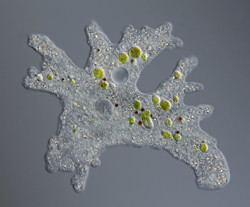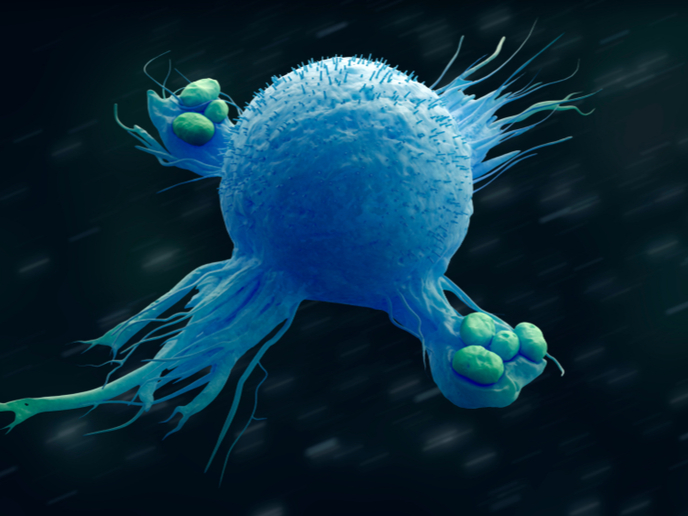Parasite evolution for survival strategy
Single-celled, eukaryotic parasites are a major threat to human health, particularly in developing countries and immunocompromised individuals. A diverse group, these include Trypanosoma (causing sleeping sickness), Leishmania spread through sandfly bites, Entamoeba causing dysentery, and the large phylum of over 1,000 species, the Microsporidia (Microspora). During their evolution, these parasites have acquired new genes to help in their ability to manipulate the host and, at the same time, have lost many others. The project 'The evolution of gene content in parasitic protozoa' (EVOGCPROTO) has investigated, with sophisticated genomic and proteomic techniques, this expansion and reduction of eukaryotic parasitic genomes. The researchers identified whole gene families that were gained and lost together with their source and so were able to identify those gene groups involved in pathogenesis. They also gained insight into when and how bacterial and eukaryotic parasites evolved in similar ways, a window to a more general understanding of parasite evolution from a free-living lifestyle. Results of proteomic analysis revealed that genome evolution is very dynamic and there has been a drastic reduction in microsporidian genome size accompanied by the evolution of new, parasite-specific gene families. Some of these gene groups are found in other microsporidians that infect a wide range of hosts, indicating that these play a general role in parasitic lifestyle. Analysis of the proteins expressed from key gene families indicates that parasite-specific genes are the most highly expressed during both the spore and vegetative or asexual states, indicating their importance in microsporidian biology. Also interesting is the fact that some new genes have been gained horizontally from bacteria. Further research into the genes key for parasitic success may shed light on mechanisms of pathogenicity leading to possible therapeutic solutions. Published in many peer-reviewed journals including the prestigious Nature and Current Biology, EVOGCPROTO research results represent a major step forward in a socially and economically important area of biology.







